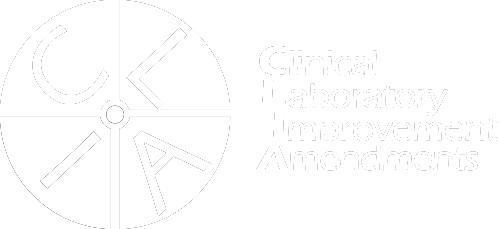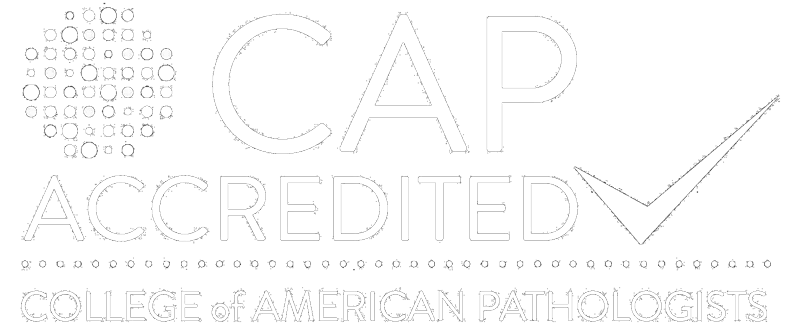By: Judge Patrick Bowler (Ret.)

The founders of drug treatment courts wisely incorporated known and scientifically established elements of behavioral science into the structure of treatment courts.
This was not by accident. Many of the failures in attempts to redeem individuals involved in the criminal justice system rely on practices counter to behavioral science and behavior modification.
Research establishes that treatment of individuals with a substance use disorder is enhanced when methods that provide objective information are employed to complement self-report, collateral report, and clinical assessments.
The best practices of the National Association of Drug Court Professionals (NADCP) highlight the need for certainty in attempts to change the behavior of individuals – emphasizing that outcomes improve with the use of verified assessments and the detection of substance use by frequent and random drug testing.
Two Challenges of Human Nature
The need for certainty in treatment gives rise to two challenging aspects of human nature.
The first issue involves the propensity for truth-telling, or lack thereof, by humans in general, but particularly by individuals with substance use disorders. The second issue pertains to those who must judge the truth-telling of other human beings, such as providers and workers in the field of rehabilitation, and the propensity of humans to be duped by the deception of others.
The first issue – deception by those with substance use disorders – is well recognized by those working in recovery. People struggling with addiction operate under a strong influence of self-deception, including denial, minimization, and rationalization. The lived experience of deception affects relationships with loved ones, families, and employers. Deception can also serve as a challenge for providers.
The second issue of human nature – the human potential to be duped – is one that has received less attention, perhaps because it deals with us and not the client. A recent, popular book highlights this quirk in human nature. In “Talking to Strangers,” Malcolm Gladwell discusses the near-universal human tendency to operate within a mindset that can be characterized as “truth-default.”
Hardwired to be Duped
We uncritically accept most of the messages we receive from other human beings as “honest.” We all are perceptually blind to deception. We are hardwired to be duped. It should be emphasized that a “defaulting to the truth” characteristic is not necessarily a bad thing. Believing what people say, which most of the time is true, allows for the smooth communication and trust necessary for a functioning society.
The “truth-default” theory is an important consideration for those who must, by the nature of their positions, rely on truth in judging others and advocating for their welfare. Doctors rely on information from patients in diagnosing and prescribing treatments. And, as indicated above, treatment for substance use disorders depends on the certainty of information for developing treatment plans and necessary treatment adjustments. While we may be alert to the issue of deception when working with individuals with substance users, the question is how good we are at recognizing it.
Algorithms for Setting Bail
Gladwell, in his book, discusses a well-known study that focused on the bail setting of judges. When judges set bail, they are attempting to solve two prediction problems: What is the likelihood that a defendant will appear in court, and, importantly, what is the likelihood that a defendant will commit a crime while on bond.
The researchers – computer experts and a bail expert – built an algorithm that used as inputs the same data available to judges at the time of the bail hearing, such as prior criminal history and current offense.
A critical difference was the algorithm could not see or hear from the defendants as the judges could. The central finding of the study was that along every dimension that matters, the algorithm did much better than real-world judges. The researchers concluded that judges, like other humans, suffer from a cognitive bias that produces severe and systematic errors. This human characteristic affects all professions.
Closely related research showed that with respect to heart disease, an algorithm outperformed human physicians: Doctors test many patients when they should not, and do not test many patients when they should, leading both to excessive costs and to adverse health events, including death.
Gladwell does an excellent job in explaining the research of behavioral scientists, making it practical and useful for the important work of understanding ourselves and the people we work with. The message is not to remove the human dimension from decision-making since humanity offers many advantages over machines, such as the ability to empathize.
Rather, it is to demonstrate that we humans are susceptible to making a lot of mistakes in assessing strangers and people we think we know. We need to utilize all the help we can get.
By using standardized and validated assessments and reliable drug and alcohol testing we will gain the objective information we need for certainty and successful recovery. We will not be duped.
Patrick Bowler is a retired District Court judge for the 61st District Court in Michigan.


